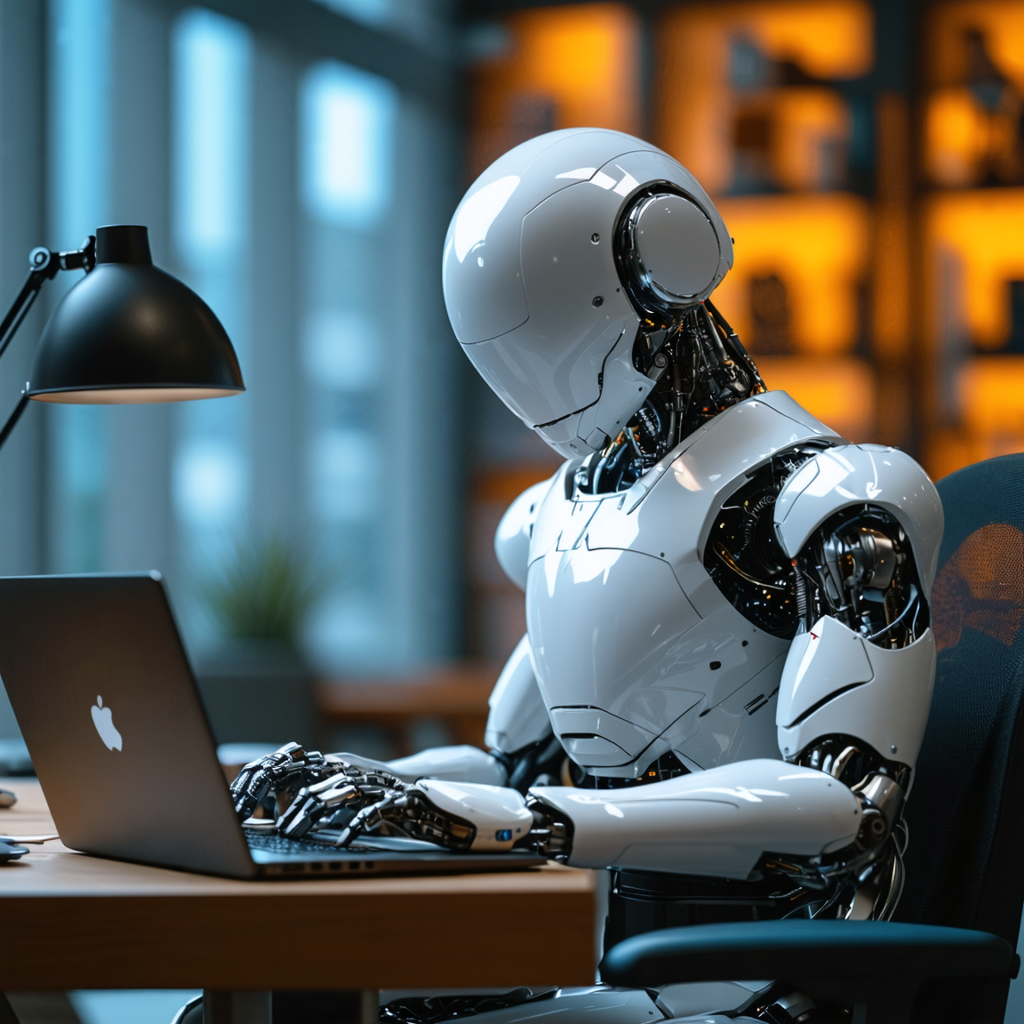A Groundbreaking yet Controversial Debut
“The Last Screenwriter,” hailed as the world’s first AI-written film, was set to redefine cinematic storytelling at its scheduled premiere at the Prince Charles Cinema in London. However, the innovative venture into the realm of artificial intelligence and creativity was abruptly halted amid a cascade of public and critical backlash. This pioneering project promised to showcase the capabilities of AI in an artistic domain traditionally reserved for human creativity, raising both curiosity and concern within the film and tech communities.
The Heart of the Controversy
The cancellation of the premiere was primarily driven by fears and ethical concerns regarding the encroachment of AI into creative processes—a domain deeply valued for its human touch. Director Luisi’s ambitious vision for the film was met with mixed reactions, ranging from intrigue to outright rejection. Industry stakeholders and AI ethics commentators voiced concerns that ranged from the potential devaluation of human screenwriters to broader implications for employment and artistic authenticity. Insights from Newshub reveal the depth of the industry’s unease, reflecting a significant segment of the cinematic community grappling with the evolving role of AI.
Ripples Across the Industry
As AI continues to permeate various sectors, its intrusion into the arts prompts a reevaluation of creative roles. The integration of AI in film writing and production is seen not only as a technological advancement but also as a potential risk to the sanctity of human creativity. Experts cited in BBC coverage discuss the dual-edged nature of this development. While AI can streamline production and potentially reduce costs, it also raises questions about the future of creative jobs and the essence of artistry itself. The debate extends beyond practicalities, touching on philosophical questions about the soul of creativity.
Public and Critical Reception
Initial feedback from those who viewed excerpts or were familiar with the script of “The Last Screenwriter” was polarized. Some applauded the novelty and the technical proficiency of AI, while others felt that the script lacked the emotional depth typically imbued by human writers. This divergence highlights a fundamental question about audience expectations for AI-written content as compared to traditional human-crafted films. The critical reviews, as detailed by The Guardian, underscore the challenge of accepting AI in roles traditionally reserved for human talent.
Conclusion and Reflection
“The Last Screenwriter” stands as a testament to the complex relationship between technological innovation and artistic creation. As we stand on the brink of potentially transformative changes in the film industry and beyond, it prompts us to reflect on the essence of human creativity. Is there an intrinsic value to human touch in art that AI cannot replicate, or will AI evolve to become an indistinguishable counterpart in creativity?
In an era where artificial intelligence challenges the boundaries of artistry, ‘The Last Screenwriter’ serves as a pivotal moment—will the pen still be mightier when held by a machine?


